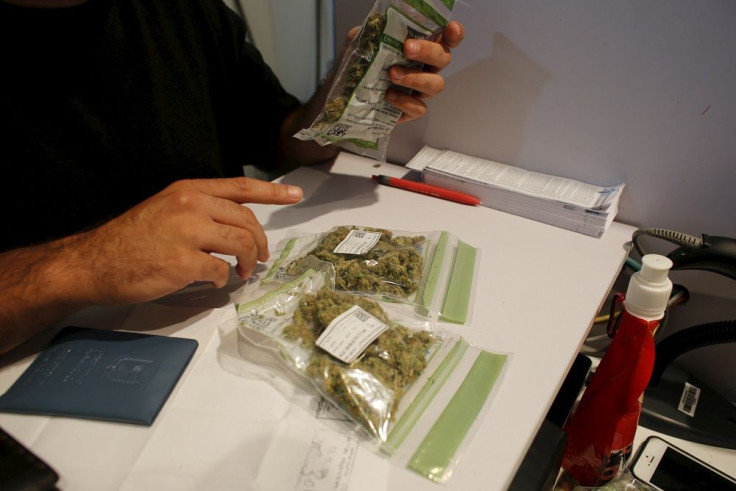Legalising marijuana: A probe on different sides of the story

Results from studies regarding drug use in the United States showed that marijuana use remains to be the primary drug choice among 22 million people aged 12 and above. Various studies, research and actual cases, showed divided results and beliefs regarding the medical implications of marijuana use, including the government, private entities and hospitals.
The federal government’s stance
The legalisation of marijuana, even for medical purposes, has been strongly opposed by the Obama administration because of its advocacies on public health. Drug problems plague major parts of the country and its legalisation problems related to increased availability and use. Legalising the drug may challenge or destabilise the current preventive health strategies which are considered important parts of improving health care in the United States.
Even while 22 out of the 50 states have already recognised the medical use of marijuana, the Federal Government remains firm on its stand that utilisation of cannabis pose serious security and public health threats. The drug, which has been classified with no currently accepted medical use and with a high potential for abuse, remains on Schedule I of the Controlled Substances Act initiated in the 1970s.
The World Health Organisation (WHO) reports on the acute and chronic health implications of cannabis use. Acute health effects of cannabis use include cognitive impairment, weakened psychomotor performance such as motor coordination, and divided attention and operative tasks.
Prolonged use, on the other hand, threatens to aggravate impairment where one cannot recover even with cessation of use. The study even suggested that cannabis use can worsen schizophrenia in affected individuals. More so, cannabis use during pregnancy is associated with certain fetal abnormalities and low birth weight.
The federal government’s stand on the legalisation of marijuana, even for medical purposes, is out of the question. The government believes that making the drugs more available will not help eliminate the black market and may mean lower tax revenues for states.
On hospitals seeking certification
The state of Illinois, which passed an act permitting the use of marijuana in or near hospitals only, created more confusion on the role of hospitals in introducing medical marijuana. The Illinois Hospitals Act imposes strict requirements on which providers may certify patients for medical marijuana and only a licensed doctor under the Illinois Medical Practice Act of 1987 may write a complete certification.
While medical marijuana offers health benefits for patients suffering from various illnesses, its clinical administration puts hospitals’ medical reimbursements — Medicare and Medicaid — at risk. According to the Annals of Health Law , there are few resources that exist to guide hospitals regarding the legal and clinical implications of cannabis use. When patients asking for Medicare or Medicaid reimbursement may seek certification from physicians, these physicians may be put in a difficult situation as reimbursements strictly follow federal and state laws.
On individuals seeking relief
A recent study claims the medical benefits of using cannabis or at least some of its components such as Cannabidiol (CBD) and Tetrahydrocannabinol (THC), in reducing symptoms of severe epilepsy. During its utilisation, patients showed fewer seizures and more resilience to chemo pain. Other medical benefits also include boost appetite, reduced eye pressure of glaucoma, stops muscle spasms and even to treat depression or anxiety.
From Dravet Syndrome, Jeavons Syndrome, to relieving pain from chemotherapy, these are just some of the testimonies from patients who have utilised the medical benefits of cannabis, according to Quartz .
Even on several testimonies and some states supporting marijuana for its medical use, some people are still afraid of getting certifications and buying at dispensaries. This may be due to the current social stigma that buying marijuana is illegal and subject to abuse. The lack of medical research also prevents the understanding of what marijuana as a medical alternative can do.
In this regard, Med-X a medical cannabis company that runs on a crowdfunding campaign took the initial steps in revolutionising cultivation, education and utilisation of marijuana for medical purposes.
The medical potential of marijuana has limited offerings on the basis of dosage, illnesses it can treat, side-effects, primarily because the US government has made cannabis illegal for having no medical value.
The issues on legalising medical marijuana for medical purposes have been the subject of many public debates and even the current presidential hopefuls are not spared from criticisms regarding their stance.
While the Federal government is strapped with legal issues on substance abuse and medical benefits of marijuana, privately owned companies and researchers seek to prove the medical potential of marijuana.






